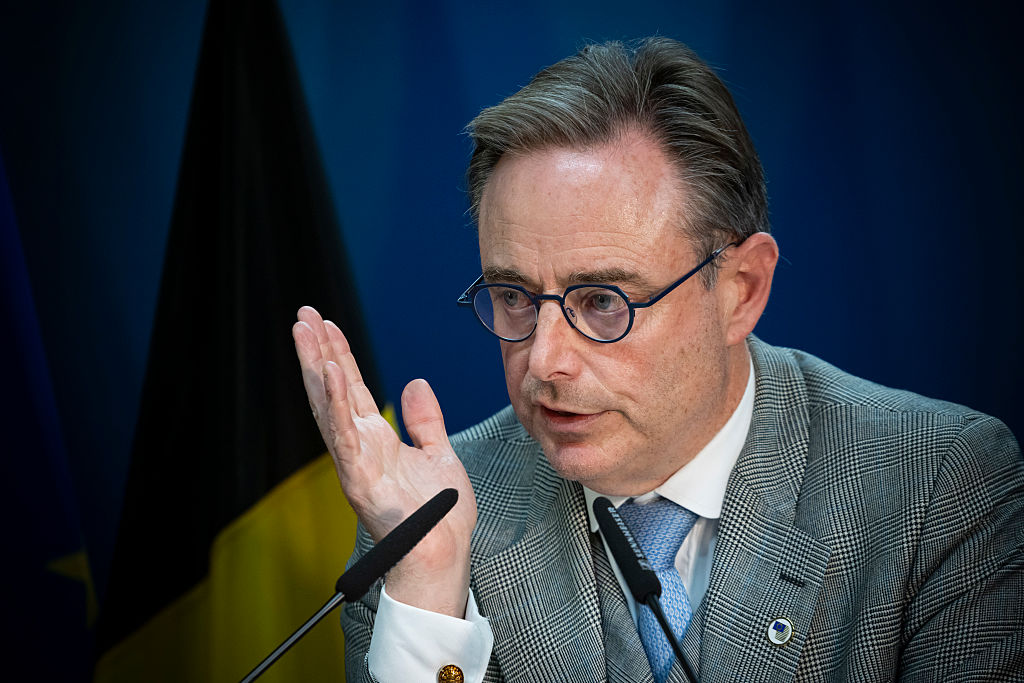Belgian Prime Minister Bart De Wever has warned that the EU’s plan to use immobilised Russian assets to fund Ukraine risks severe economic and geopolitical fallout, arguing that the scheme is “fundamentally wrong” and would leave Belgium disproportionately exposed.
In a four-page letter to European Commission President Ursula von der Leyen, seen by Euractiv, De Wever said the proposal could damage the reputation of Euroclear, the Brussels-based securities depository holding the €185 billion in assets that would be used for the so-called “reparations loan.”
“It would not be just and fair to expect that, while the advantages of such a scheme are for all, the costs and risks would be for Belgium to bear,” he wrote on Thursday, a day after von der Leyen signalled she was poised to table the legal proposal.
De Wever’s stinging rebuke heightens pressure on the Commission ahead of a December European Council summit where leaders must decide how to plug Ukraine’s widening budget gap. The loan plan, strongly backed by German Chancellor Friedrich Merz, remains the Commission’s preferred option despite talks with Belgium that stalled progress at an October summit.
De Wever’s letter suggests little movement since then, expressing surprise at what he called a “complete lack of understanding” among EU leaders of the legal and financial risks. He said the Commission had yet to present any draft legal text and that an “options paper” recently shared with capitals failed to address Belgium’s concerns.
He reiterated his conditions: that EU countries immediately and collectively provide liquidity to cover the amount held in Euroclear should sanctions on Moscow be lifted, that they share the burden of potential legal challenges, and that other Western countries holding Russian assets commit to similar arrangements.
Echoing concerns from the European Central Bank, De Wever argued that the plan could prompt investors to sell EU debt or pull funds out of Euroclear and other European institutions, “amplifying systemic risks” and potentially destabilising the euro.
As an alternative, he urged EU countries to prioritise unspent money from the current seven-year budget. He also cautioned that rushing ahead with the asset scheme could hinder peace talks between Ukraine and Russia.
“Hastily moving forward on the proposed reparations loan scheme would have, as collateral damage, that we as EU are effectively preventing reaching an eventual peace deal,” De Wever wrote, adding that the bloc must choose between keeping the assets immobilised until the end of the war to support reconstruction, or using them now to finance Ukraine’s war effort – but not both.
(cz)
